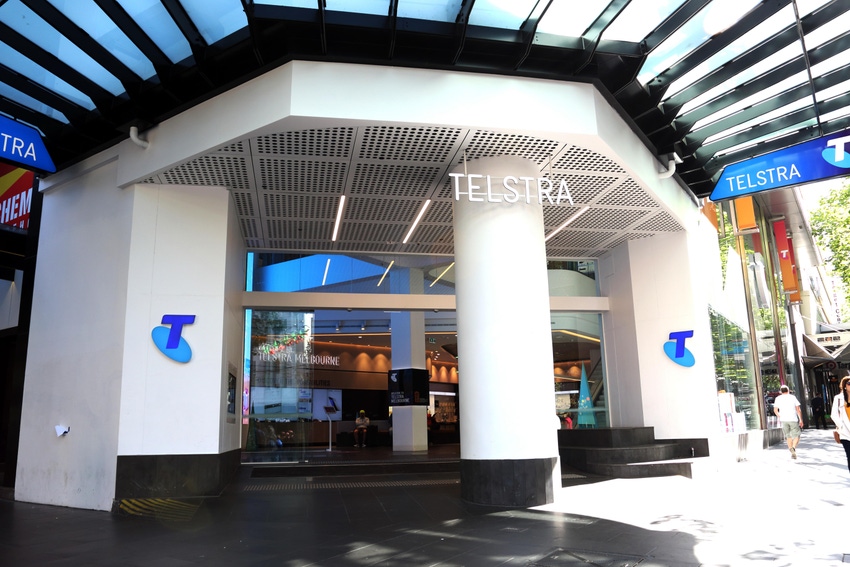Telstra slapped with a AU$3M fine for billing errors
Telstra has paid a AU$3 million fine after an investigation showed it charged customers for inactive Internet services over an 11-year period.

Australia's communications watchdog slapped a 3 million Australian dollar (US$2 million) fine on Telstra after an investigation revealed that the telco charged more than 6,500 customers for inactive Internet services over an 11-year period.
In a statement released on Wednesday, the Australian Communications and Media Authority (ACMA) said that the company has also refunded over AU$17.7 million ($11.6 million), with another AU$3.4 million ($2.2 million) to be handed back to subscribers by the end of the year.
According to the ACMA, the investigation found that customers, the majority of whom were small businesses, were wrongly billed by Telstra an average of around AU$2,600 ($1,705) between April 2012 and August 2023.
''At a time when many small businesses are facing economic pressures, unaccounted costs can create very real stress and financial hardship," said Nerida O'Loughlin, the ACMA chair.
By wrongly charging these customers Telstra has breached customer billing accuracy rules under the Telecommunications Consumer Protections (TCP) Code, as well as breaching a formal ACMA direction to comply with the Code given in 2020.
Losing patience
The ACMA said it has lost patience with Telstra after a series of significant billing errors. This is the third time that Telstra has run into trouble with the Australian communications regulator.
In September 2020, the regulator directed Telstra to comply with billing accuracy rules after it overcharged more than 10,000 customers almost AU$2.5 million ($1.6 million) over a 12-year period. This was followed by another investigation in 2022 that found Telstra overcharged more than 11,000 customers around AU$1.7 million ($1.1 million).
''Telstra has a history of incorrectly billing customers and it’s just not good enough," said O'Loughlin, pointing out that "all telcos must have robust billing systems in place to ensure that consumers, including small businesses, are only paying for agreed and active services".
Customers deserve better
Telstra attributed the billing issues to its failure to follow a series of steps in its ADSL internet service deactivation process after customers switched to the NBN.
In local news reports, Telstra Global Business Services group executive Dean Salter conceded it wasn't acceptable and not the experience the telco wanted to be providing customers.
"These ADSL billing errors occurred because we didn't follow the proper deactivation process, including when some customers migrated to the NBN, which resulted in some customers being charged for inactive services," Salter said.
He added: ''We've reached out to our customers to explain what went wrong and what we're doing to fix it, including refunding them for the incorrect charges with interest. We know our customers deserve better, which is why we reported the issue to ACMA and conducted our own extensive investigation."
Controls put in place
Salter said that Telstra has put new controls in place to prevent billing errors from happening again, including monthly monitoring and confirmation that ADSL services are being used by customers before billing takes place.
Telstra has also agreed to report to the ACMA in six months about the effectiveness of these controls.
''Telstra is a major player in the Australian telco sector and it needs to continue to prioritize its billing compliance and get its systems in order," O'Loughlin said.
Further contraventions of the billing accuracy rules could lead to the ACMA taking further action, including commencing proceedings in the Federal Court.
Read more about:
AsiaAbout the Author(s)
You May Also Like











